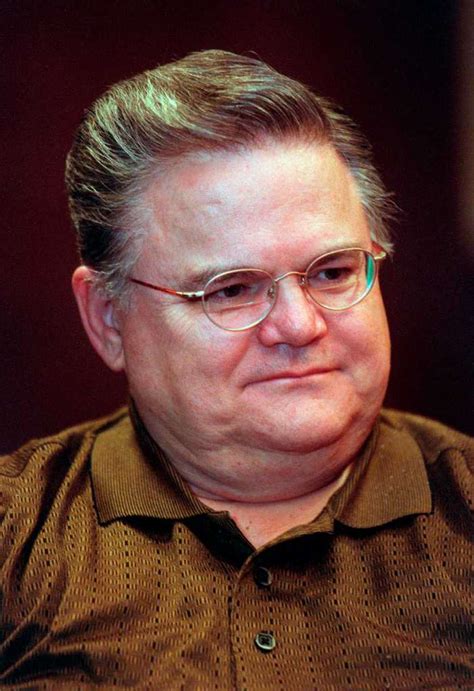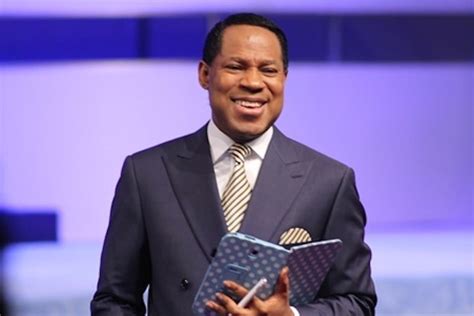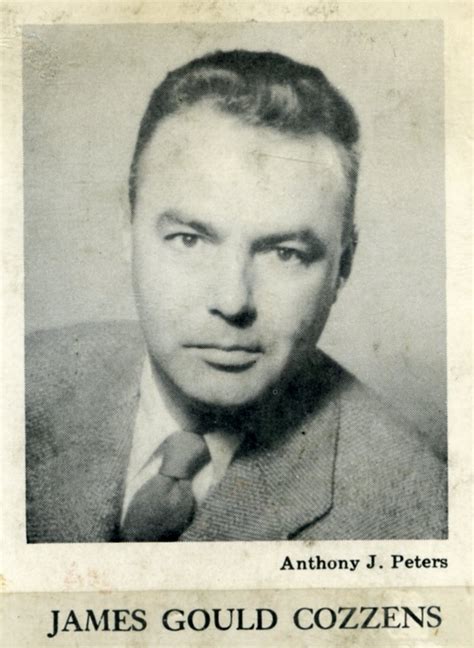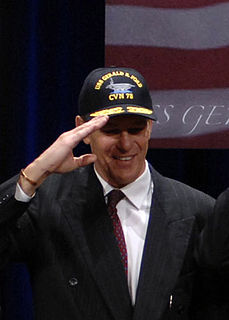A Quote by Jack Ma
The quality of a good leader therefore is his vision, tenacity, and his capability.
Quote Topics
Related Quotes
The leader is best, When people are hardly aware of his existence, Not so good when people praise his government, Less good when people stand in fear, Worst, when people are contemptuous. Fail to honor people, and they will fail to honor you. But of a good leader, who speaks little, When his work is done, his aim fulfilled, The people say, 'We did it ourselves.'
The master in the art of living makes little distinction between his work and his play, his labor and his leisure, his mind and his body, his information and his recreation, his love and his religion. He hardly knows which is which. He simply pursues his vision of excellence at whatever he does, leaving others to decide whether he is working or playing. To him he's always doing both.
Bailey might not have great intelligence or abilities, but his whole aim, thought and study was that of the born leader--to look out for himself; and he did it with that born-leader's confidence and intensity that draws along the ordinary uncertain man, who soon confuses his own interest and his own safety with that of the leader.
This is the good and happy news, that Christ has paid for our sin, and through His suffering has redeemed us from eternal death. It is His kingdom and His ministry, to preach the Gospel to the poor; that is His purpose. For to the great and holy He cannot come. They do not wish to be counted sinners, and therefore do not need His Gospel.
The old-fashioned idea of a good manager is one who is supposed to know all the answers, can solve every problem himself, and can give appropriate orders to his subordinates to carry out his plans... A good modern manager is like a good coach who leads and encourages his team in never-ending quality improvement.
To come to faith on the basis of experience alone is unwise, though not so foolish as to reject faith altogether because of lack of experience ... the quality of a Christian's experience depends on the quality of his faith, just as the quality of his faith depends in turn on the quality of his understanding of God's truth.
The manager administers; the leader innovates. The manager has a short-range view; the leader has a long-range perspective. The manager asks how and when; the leader asks what and why. The manager has his eye on the bottom line; the leader has his eye on the horizon. The manager accepts the status quo; the leader challenges it.


































